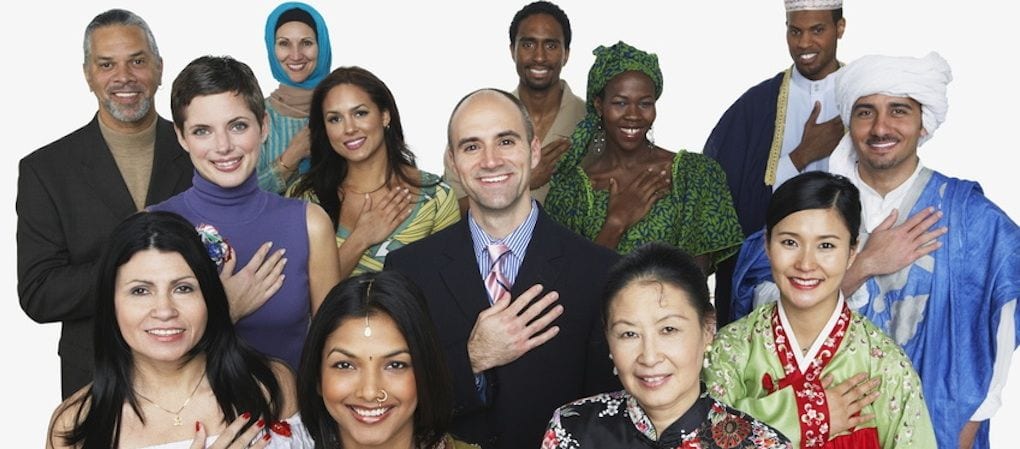
What is a visa quota?
Every immigrant visa category has a quota on the number of visas that can be issued annually, and within these quotas, there is also a limit on the number of visas that can be issued to individuals from different countries each year. Every person with an approved immigrant petition is assigned or “charged” to a country, which is the country that your visa will be counted against—if that country has already reached its annual quota, you must wait until a visa is available. The per-country limit has historically affected four countries, specifically China, India, Mexico, and the Philippines. Due to these per-country limits, people born in these countries often have to wait longer for a visa than individuals from every other country.
To give an example, most individuals with approved EB-2 employment based petitions for advanced degrees or exceptional ability can immediately obtain a visa according to the November 2016 visa bulletin; however, for individuals born in China (ie, visa applicants who are “charged” to China), there is a 4 year wait for EB2 visas, meaning USICS is currently reviewing visa petitions from people who applied in July 2012. Similarly, for people charged to India, USCIS is currently reviewing petitions dating all the way back to November 2007, meaning there is an 11 year wait for an EB2 visa.
What if I am a dual citizen? Can I use a different nationality to get a visa quicker?
You are charged to the country of your birth. Your country of citizenship or nationality generally does not determine what country you will be charged to. For example, if you were born in India but have since become a citizen of Canada, you will still be charged to India when applying for an immigrant visa.
If my spouse was born in a different country and is a dependent on my visa application, will it affect what country I am charged to?
One exception to the chargeability rule exists when someone is married to a person born in a country not subject to visa backlogs. As stated above, individuals born in India with approved EB-2 employment based petitions for advanced degrees or exceptional ability are currently backlogged to November 2007. However, if you are married to an individual born in a different country, the visa can be charged to your spouse’s country quota. If your spouse was not born in one of the countries with significant backlogs, you would both be immediately eligible for a green card. This exception only exists if both the principal applicant and the spouse apply for an immigrant visa and admission to the U.S. at the same time.
RELATED CONTENT:
- Can I Apply for an E-2 Visa When I Have a Pending Immigration Petition?
- How Can I Help My Family Members Get Green Cards? Sponsoring Family Members as a Green Card Holder
- Planning to Apply for Permanent Residency? Learn about the New Procedures in Determining Visa Availability and how it affects you
FREE Visa Resources
Click on the buttons below in order to claim your free Visa Guide (E-1, E-2, TN, EB-5, H1-B, L-1, PERM, NIW, EB-1, O-1, E-3), sign up for our free Webinar, join our Facebook Group, or watch our videos.
Set up a Visa or Green Card Consultation
For a dedicated one-on-one consultation with one of our lawyers, click on the button below to schedule your consultation.
This website and blog constitutes attorney advertising. Do not consider anything in this website or blog legal advice and nothing in this website constitutes an attorney-client relationship being formed. Set up a one-hour consultation with us before acting on anything you read here. Past results are no guarantee of future results and prior results do not imply or predict future results. Each case is different and must be judged on its own merits.


